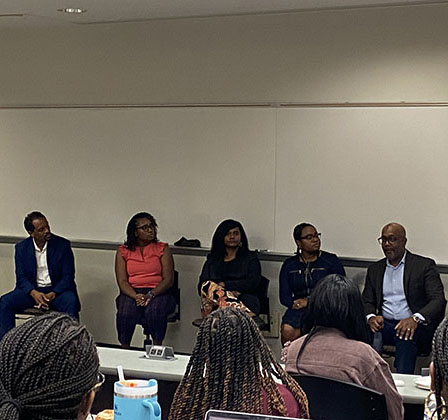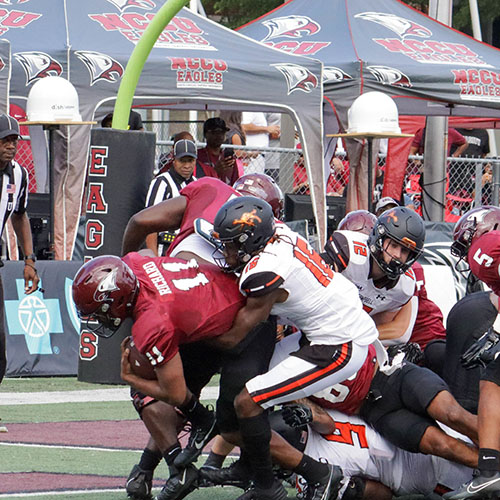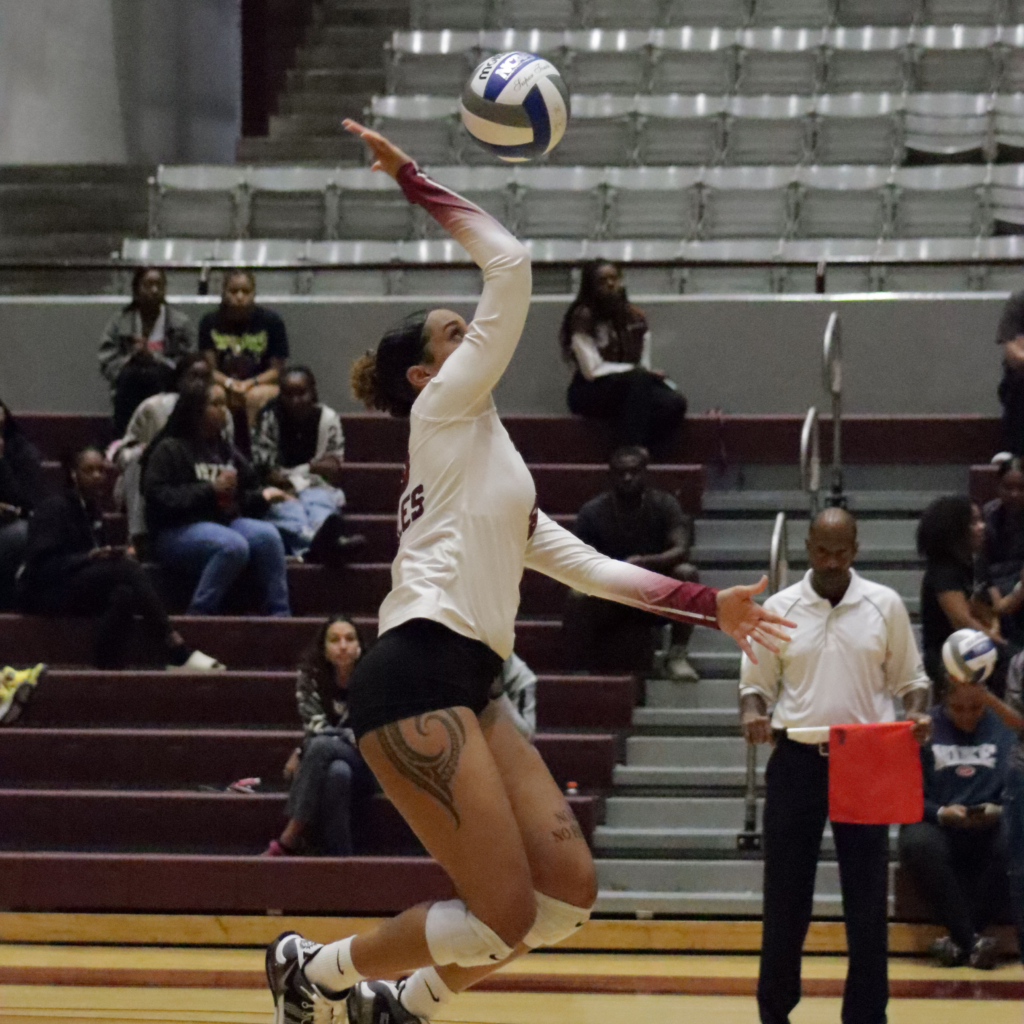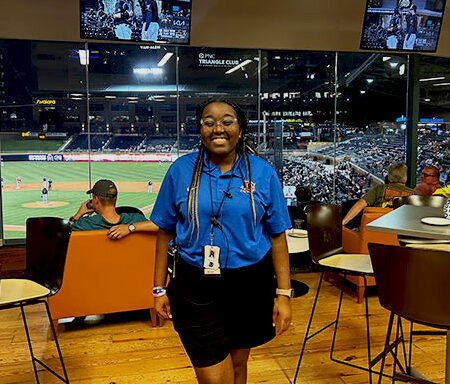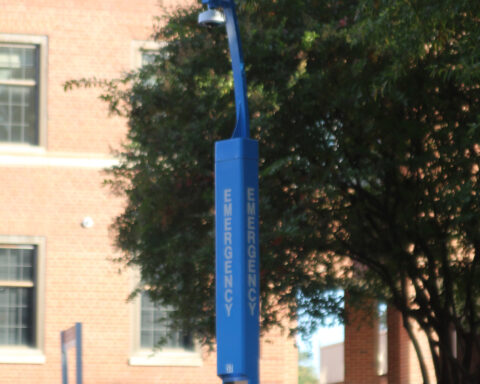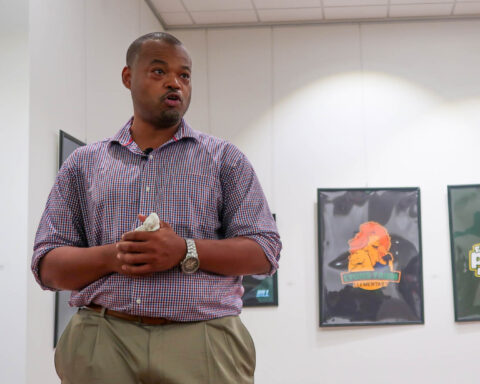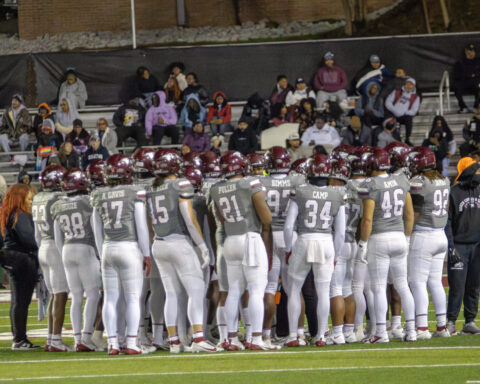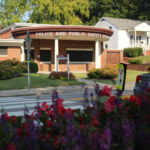Two N.C. Central alumna – Annika Webb, MD and Briana Davis, B.S. – explored the pressing issue of the underrepresentation of Black individuals in STEM fields at the September 21 seminar in Mary Townes Science Building.
According to Webb, a pediatric anesthesiologist at UNC, and Davis, a senior Ph.D. candidate at Duke University, addressing the underrepresentation of African Americans in STEM is a deeply rooted issue and the glaring disparity in STEM degree programs casts a shadow over the educational and career pipeline.
“Programs are getting students into medical schools, but retention is the issue. I think we have to figure out ways to really support students once they are in the next steps after college and help them traverse to getting a job in STEM, especially those coming from HBCU’s, because it is a different culture,” said Webb.
According to Webb and Davis, solving the problem requires a multifaceted approach including policy changes, educational reform, diversity and inclusion initiatives, mentorship programs, and cultural shifts to create a more equitable and inclusive STEM environment.
One issue Blacks and minorities often face, related to their underrepresentation, is what Webb called microaggressions.
“Facing racial microaggressions can affect how you perform,” Webb said. “If you feel like you have to walk on eggshells, you can’t really be yourself. It makes it harder for you to thrive and feel like you can be the best person that you can in that job.”
According to “The Journal of Blacks in Higher Education,” more Black, Hispanic, American Indian, and Alaska Native individuals are earning STEM degrees, but are still underrepresented when compared to the overall U.S. population.
In 2020, Blacks between the ages of 18-34, who compose 14 percent of the overall US population only earn 10 percent the country’s associate’s degrees in science and engineering, 9 percent of the country’s bachelor’s degrees, 11 percent of the country’s master’s degrees, and 7 percent of the country’s doctoral degrees.
Webb said one of the primary reasons for the underrepresentation of Black people in STEM jobs is their limited access to guidance and support in pursuing STEM careers.
“Schools should teach students about various career opportunities and provide early exposure to these options during high school and early college years,” said Webb.
Teachers, Webb and Davis argued, should be mindful of their teaching methods to ensure diversity, avoid biases, assess students fairly, embrace their cultures, encourage diverse group work, provide relatable role models, and offer faculty support.
Both Webb and Davis said mentoring is crucial for students with weaker high school preparation.
Faculty, they said, can improve mentoring by inviting underrepresented students into their labs and dedicating themselves to these students.
According to “The Journal of Blacks in Higher Education,” 65 percent of Black postgraduate students and 62 percent of Black college students do not have a mentor providing encouragement in their STEM studies, which often leads to many of them abandoning their pursuit of STEM majors.
Davis suggests that participating in summer research programs that offer lab experiences can help students stay on track and help with GRE or MCAT preparation is an excellent way for students to visualize future careers.
“Summer research offers a sense of cohort that you carry with you and builds up your network,” Davis said.
The shortage of Blacks in STEM can lead to a sense of mistrust, or a feeling of being unwelcomed.
According to Pew Research Center, about 40 percent of Black individuals say that medical doctors, engineers, and scientists are only somewhat welcoming to Black individuals, while roughly 30 percent believe that scientists, engineers, and medical doctors are not very welcoming or not welcoming at all.

